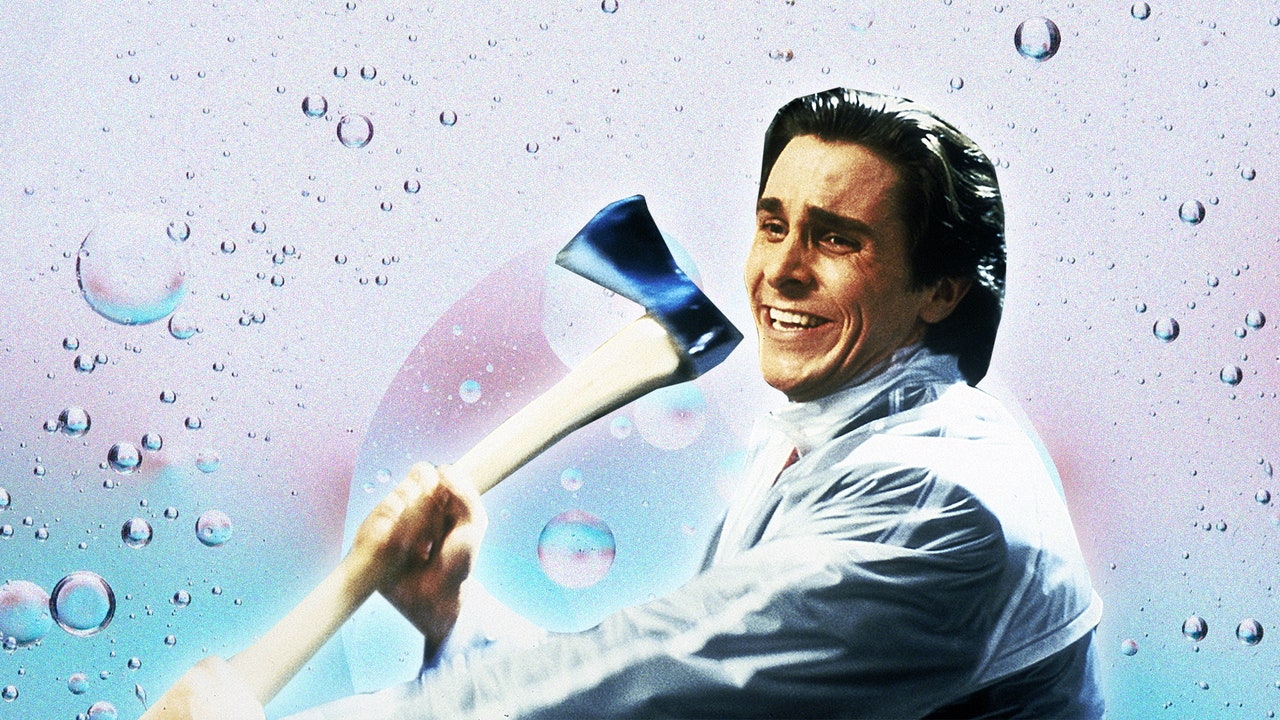Has the pandemic increased our cynicism and decreased our empathy towards others? by Lisa
Have you sensed the growing tension in the atmosphere? The increased impatience in queues, the aggressive behaviour of commuters, the impatient honking of drivers, and the abruptness of emails? It seems like the pandemic has triggered a wave of bad behaviour. From unruly passengers on flights to disrespectful notes on parked cars and ill-treatment of waiting staff, the signs are everywhere. Even as restrictions lift, the anticipated joy and camaraderie seem to be replaced by a general sense of irritation. So, what’s causing this widespread annoyance and how can we prevent it from affecting us?
During the pandemic, we quickly adapted to a life of rules and restrictions to curb the spread of the virus. This adaptation, while necessary, may have led to compassion fatigue and a heightened sense of self-preservation due to isolation. A report by the University of Arizona College of Medicine suggests that anger and aggression are common outcomes of thwarted individual goals, according to the frustration-aggression hypothesis. After being unable to live freely for two years, it seems we’re now trying to make up for lost time. This behaviour is often rooted in fear, leading to feelings of helplessness, annoyance over trivial matters, and outward hostility. The revelation of government officials flouting rules and partying has only added fuel to the fire.
The constant barrage of news, the inability to control ongoing catastrophes, and the blurring of real-life and online interactions have made us more cynical and impatient. Technology has made it easier to push boundaries, whether it’s cancelling meetings at the last minute or sending dismissive replies to well-thought-out emails. While we may feel absolved by informing someone of our inability to attend a meeting just ten minutes prior, it’s likely to leave the other person fuming.
Rudeness, it seems, is as contagious as the virus itself. If someone treats you poorly, you’re more likely to pass on the negativity. Each interaction we have is influenced by the behaviour of the person we interacted with previously, creating a vicious cycle of rudeness, aggression, and entitlement. So, how do we navigate this? The key is to remain calm, positive, and professional. Imagine someone you respect is observing you and act accordingly. If someone takes your parking space, let it go. Reacting negatively only provides temporary relief and can lead to regret or escalation. Responding politely to rudeness can defuse the situation and make the other person realise their behaviour is unjustified. Practise self-control and avoid retaliation. Accepting responsibility for your actions rather than blaming others is the quickest way to resolution. Stand up against bad behaviour, but aim to be a calming influence rather than adding to the drama. Engage in physical exercise, try journaling, or play a video game to release pent-up frustration.
